One of the recurring themes in Cornerstone Blog articles is the idea that cannabis can achieve some of the results of pharmaceutical drugs with less risk to health and financial cost. Opioids, for instance, are often seen as the last line of defense in treating pain, since they represent the strongest chemical family of pain-killers known to medicine. However, opioids are also incredibly addictive. Even legally prescribed opioids, in fact, often lead to long-term drug addiction. This development occurs so often in fact, that doctors are required a special license (in addition to their medical license) to administer them.
As we’ve explored in numerous articles, cannabis and specifically CBD can reduce perception of pain, especially if it is caused by swelling and inflammation. It would be foolish to think that cannabis could entirely replace all painkillers, of course, and certainly there are cases where short-term effect outweighs long-term risk of addiction, as in the case of terminally ill patients. However, the idea being put forth by the scientific and medical community is that if a significant portion of the pain is reduced, the corresponding amount of necessary opioid could also be significantly reduced. The same line of reasoning could be used for a variety of other treatment indications beyond pain, such as anxiety and depression, for instance. As readers know, anti-depressants can occasionally have unintended side-effects and increase suicidal ideation. Some anti-depressants can also reduce energy that is vital to personality expression, which is why many patients do not comply with medication schedules. Once again, cannabis may not represent the only medication necessary, but if it can naturally reduce anxiety and depression, the corresponding reduction in anti-depressant medication might prove worthwhile.
In contrast to such pharmaceuticals, cannabis has no lethal dose, is relatively inexpensive to grow, and does not tend to have dangerous interactions with other medicines taken at the same time. Now that more reports are confirming that cannabis does not cause long-term neurological harm, researchers are hard-pressed to think of ways that cannabis use could be a negative. In the worst case scenario, nothing changes, and in the best case scenario, individuals are able to cut pharmaceutical need significantly. However, the major question following research indicating cannabis as a potential replacement is: do patients actually use it as a substitute and benefit from that substitution? An ambitious research group from the Center for Medical Cannabis Education set out to investigate the statistics surrounding this use.
As previous reports have noted, almost 30 states currently enforce legalized medical cannabis laws. From 2010 to 2013, researchers reported “a drop in filled prescriptions in such states” for Medicare drugs related to pain, depression, and anxiety. This data alone is not proof of a substitution, but the coincidence in timing, when many of the medical cannabis laws were first adopted, hints that the drop in Medicare filing was a result of medical cannabis being available. The Center for Medical Cannabis Education group decided on a survey that would ask this question directly:
“Have you ever used cannabis as a substitute for prescription drugs?”
If so, “please list prescription drugs that you have substituted cannabis for.”
Researchers counted specific drug names as individual substitutions (i.e. three types of opioids counted as three substitutions) and general drug names as one substitution (i.e. an answer of just “opiods” counted as one substitution). Respondents to the survey were self-selected, meaning the people who answered specifically opted into a survey about cannabis use. Word of the survey was spread over university sites, social media, and on the Center for Medical Cannabis Education page. On the one hand, this is potentially the Achilles’ heel of the survey, since common sense dictates that people who use cannabis are more likely to indicate a positive use of cannabis. On the other hand, another way to interpret the data is asking, “of all the people using cannabis, how many are aware of their usage of it as a replacement drug?”.
As it turns out, a total of 1,248 respondents (46%) answered that they had, in fact, used cannabis as a substitute to other pharmaceuticals. In general, as respondents’ ages increased, the likelihood of their reporting such a substitution also increased, meaning that younger cannabis users are less likely to substitute a pharmaceutical drug (of course, this would make sense because younger individuals are receiving fewer prescriptions in the first place and are also more likely to be using cannabis recreationally!). On average, researchers found that users who substitute cannabis for pharmaceuticals are substituting for two prescriptions each, meaning users are viewing cannabis as a substitute medicine for multiple/simultaneous symptoms rather than for a single issue. According to researchers, this data is “in line with previous research suggesting that cannabis is commonly used as a substitute for prescription drugs”.
While this data does not necessarily mean that individuals are experiencing less pain or anxiety because of the substitution, we can assume that individuals who are actively substituting it for prescription drugs are benefitting, at least enough to continue. Additionally, from such a large sample size, we can surmise that use of cannabis as a prescription substitute is incredibly common. This data would suggest that roughly half of individuals going to dispensaries are doing so to substitute other drugs! A more rigorous study involving the entire medical population, rather than self-reported cannabis users, could help strengthen the data. However, given the potential harm of prescription drugs and the comparative safety of cannabis, such a substitution seems like a logical and healthy step forward for Western medicine. Anyone who can reduce a portion of pharmaceutical intake without reducing quality of care is likely doing themselves and their health a favor.
Works Cited
James M Corroon Jr, Laurie K Mischley, Michelle Sexton. Cannabis as a substitute for prescription drugs – a cross-sectional study. Journal of Pain Research (2017) 10:989-998.

